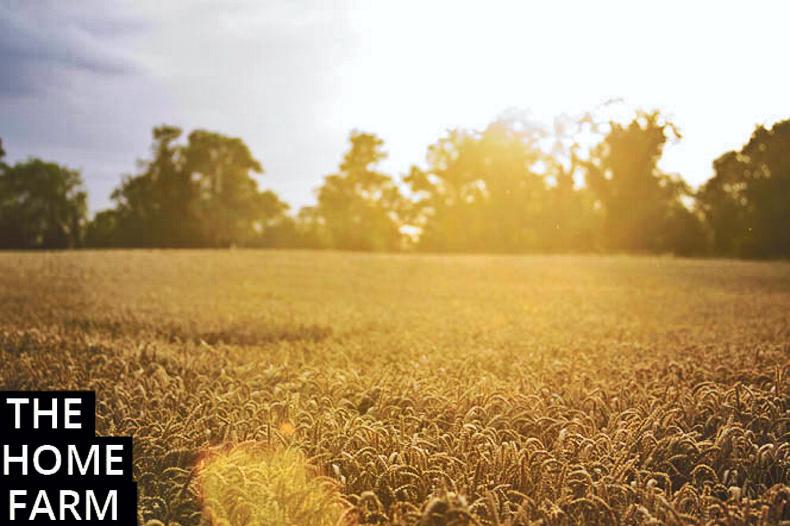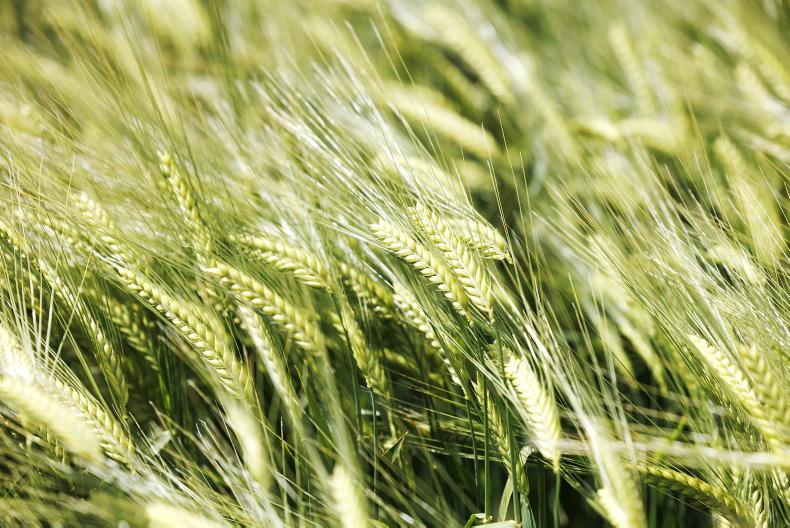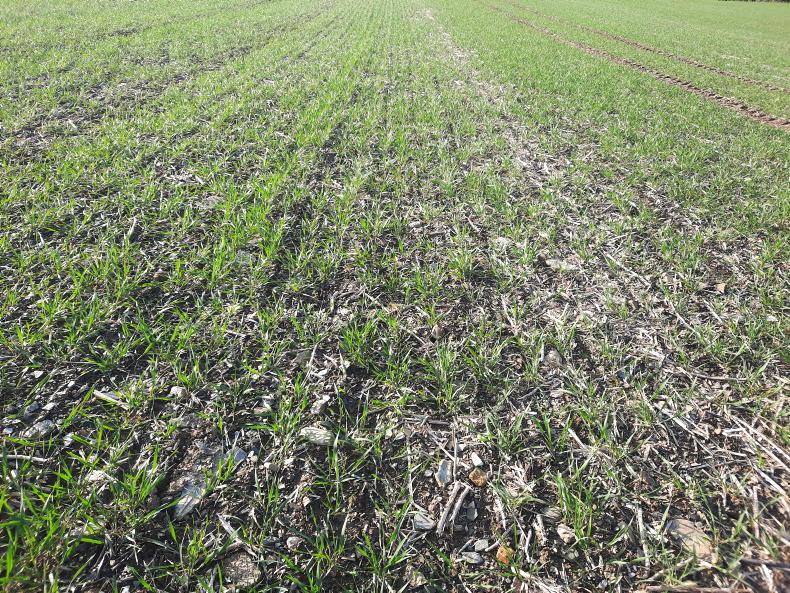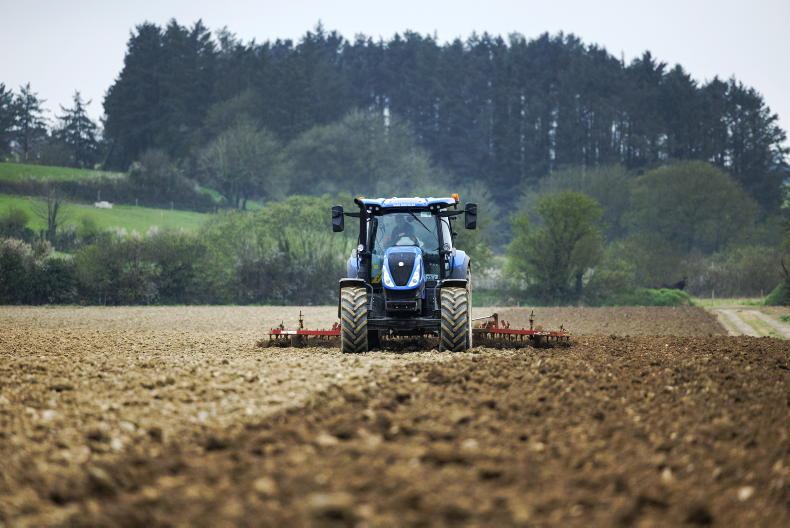The last week has been one of the most frustrating, in farming terms, that I can remember for a long time.
The endless series of showery days has meant that we have not harvested an acre of cereal since we finished the oilseed rape. The oats are fully ripe but tossed and lodged in spots.
The seed wheat is an early variety but, I am told, highly resistant to sprouting. It is standing well but undoubtedly is ready to be cut if we get a chance.
All we can do on the tillage side is hope that we get cutting soon
The commercial wheat is also standing well apart from an odd patch – I cannot see any signs of sprouting but it takes the Hagberg test and a microscopic examination to determine the extent of starch breakdown with the associated yield loss. All we can do on the tillage side is hope that we get cutting soon.
Meanwhile, I am looking at the store cattle sales in disbelief. Given the falls in the beef price, I am wondering how to make the sums add up.
But I reckon part of the answer has to be the extra hay and silage that has been made in what has been an excellent grass growing year.
I am still tempted to wait and see how the year develops. Meanwhile, I have had to put down our bull suffering from bovine mycoplasma.
I have been assured that it is now present on every farm but is activated mainly by stress, bad weather, etc.
My poor bull, despite all our efforts to save him, was humanely killed on the farm and rendered – all at a charge to me
This may well be, but I am still wondering how New Zealand is able to press ahead with a full eradication policy with accompanying compensation including loss because of movement restrictions, though interesting, in New Zealand, meat from the affected animals can go through the abattoirs and farmers are paid a proportion of the normal price.
My poor bull, despite all our efforts to save him, was humanely killed on the farm and rendered – all at a charge to me.
We are slowly selling the bulls we have on hand as they become fit and meet the specifications.
On Monday evening, our local Teagasc office held a most worthwhile meeting on how to claim €100 on up to 100 cattle slaughtered between September and May.
The money is conditional on reducing cattle numbers by 5%. A sign of things to come?
Read more
€28.8m paid out to Kiwi farmers for Mycoplasma bovis
Are there hints of positivity to be found in the beef trade?
The last week has been one of the most frustrating, in farming terms, that I can remember for a long time.
The endless series of showery days has meant that we have not harvested an acre of cereal since we finished the oilseed rape. The oats are fully ripe but tossed and lodged in spots.
The seed wheat is an early variety but, I am told, highly resistant to sprouting. It is standing well but undoubtedly is ready to be cut if we get a chance.
All we can do on the tillage side is hope that we get cutting soon
The commercial wheat is also standing well apart from an odd patch – I cannot see any signs of sprouting but it takes the Hagberg test and a microscopic examination to determine the extent of starch breakdown with the associated yield loss. All we can do on the tillage side is hope that we get cutting soon.
Meanwhile, I am looking at the store cattle sales in disbelief. Given the falls in the beef price, I am wondering how to make the sums add up.
But I reckon part of the answer has to be the extra hay and silage that has been made in what has been an excellent grass growing year.
I am still tempted to wait and see how the year develops. Meanwhile, I have had to put down our bull suffering from bovine mycoplasma.
I have been assured that it is now present on every farm but is activated mainly by stress, bad weather, etc.
My poor bull, despite all our efforts to save him, was humanely killed on the farm and rendered – all at a charge to me
This may well be, but I am still wondering how New Zealand is able to press ahead with a full eradication policy with accompanying compensation including loss because of movement restrictions, though interesting, in New Zealand, meat from the affected animals can go through the abattoirs and farmers are paid a proportion of the normal price.
My poor bull, despite all our efforts to save him, was humanely killed on the farm and rendered – all at a charge to me.
We are slowly selling the bulls we have on hand as they become fit and meet the specifications.
On Monday evening, our local Teagasc office held a most worthwhile meeting on how to claim €100 on up to 100 cattle slaughtered between September and May.
The money is conditional on reducing cattle numbers by 5%. A sign of things to come?
Read more
€28.8m paid out to Kiwi farmers for Mycoplasma bovis
Are there hints of positivity to be found in the beef trade?









SHARING OPTIONS